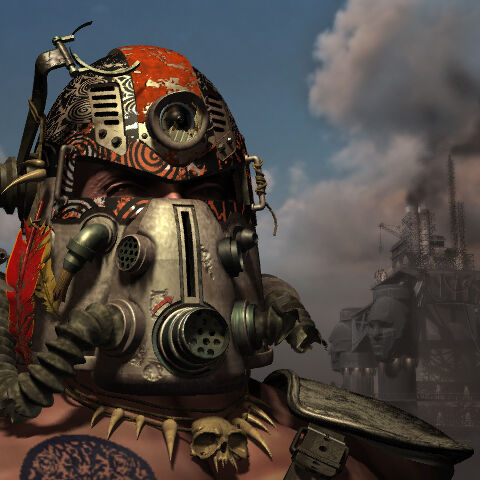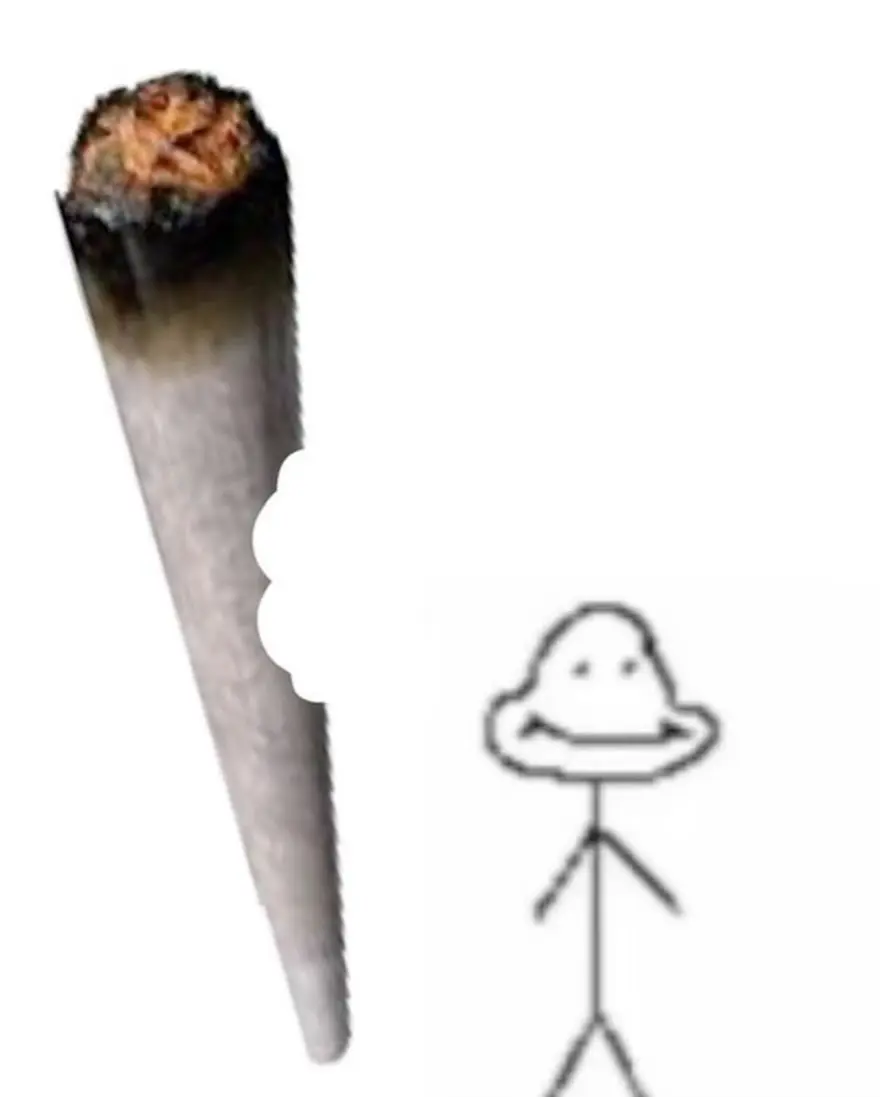This is a paradox, and I don’t think there is a correct answer, at least not as a letter choice. The correct answer is to explain the paradox.
You can rationalize your way to exclude all but a last answer, there by making it the right answer.
Like, seeing as there are two 25% options, so there aren’t four different answers, which means there isn’t a 25% chance. This lead to there only being two options left 50% or 60%. This would seem to make 50% the right answer, but it’s not, because you know the options, so it’s not random, which in turn means you’re not guessing. So you have more that 50% chance of choosing the right answer. So 60% is the closest to a right answer, by bullshitting and gaslighting yourself into thinking you solved question.
Having been to school I know a teacher did not read this question so tge answer is probably A, B, C, or D. Chosen randomly of course. But you will get credit for 3/4 answers as long as you take the time to talk to the teacher during office hours.
33% innit
iis
It is 33% if the answer itself is randomly chosen from 25%, 50%, and 60%. Then you have:
If the answer is 25%: A 1/2 chance of guessing right
If the answer is 50%: A 1/4 chance of guessing right
If the answer is 60%: A 1/4 chance of guessing right
And 1/3*1/2 + 1/3*1/4 + 1/3*1/4 = 1/3, or 33.333…% chance
If the answer is randomly chosen from A, B, C, and D (With A or D being picked meaning D or A are also good, so 25% has a 50% chance of being the answer) then your probability of being right changes to 37.5%.
This would hold up if the question were less purposely obtuse, like asking “What would be the probability of answering the following question correctly if guessing from A, B, C and D randomly, if its answer were also chosen from A, B, C and D at random?”, with the choices being something like “A: A or D, B: B, C: C, D: A or D”
50/50, you either guess it right or you dont
C, which means A or D, which means C, which means…
Lisa stays home?
It’s annoying that 25% appears twice. How about these answers:
a) 100%
b) 75%
c) 50%
d) 0%
That’s why we’re making fun of it though
Granted, it is more fun to have more answers involved, but 2 identical answers immediately gives it away as fake.
0%
The only winning move is not to choose
Yeah option b should definitely be 0% for added fuckery
deleted by creator
It was only the next day that I returned to this post realising that “this question” isn’t even defined.
You can never answer this question correctly. If the correct answer is 25% there’s a 50% chance you guess correctly but that would make the 25% wrong.
But if the answer is the 50% then it implies that 25% is correct which implies that 50% is wrong.
We reach a contradiction for both 25% and 50% making the correct answer to make the whole statement truthy 0%.
It’s 0%, because 0% isn’t on the list and therefore you have no chance of picking it. It’s the only answer consistent with itself. All other chances cause a kind of paradox-loop.
Correct - even if you include the (necessary) option of making up your own answer. If you pick a percentage at random, you have a 0% chance of picking 0%.
Correct, including 0% as a part of the answers would make 0% a wrong answer.
I agree with 0% but disagree there’s any paradox - every choice is just plain old wrong. Each choice cannot be correct because no percentage reflects the chance of picking that number.
Ordinarily we’d assume the chance is 25% because in most tests there’s only one right choice. But this one evidently could have more than one right choice, if the choice stated twice was correct - which it isn’t. So there’s no basis for supposing that 25% is correct here, which causes the whole paradox to unravel.
Now replace 60% with 0%. Maybe that would count as a proper paradox. But I’d still say not really, the answer is 0% - it’s just wrong in the hypothetical situation posed by the question rather than the actual question.
Completely agree! In this case there is no real paradox, 0% is a perfectly consistent answer.
I think if you replace 60% with 0%, you’d get a proper paradox, because now there is a non-zero chance of picking 0% and it’s no longer consistent with itself. It’s similar to the “This statement is false” paradox, where by assuming something is true, it makes it false and vice versa.
deleted by creator
So then shouldn’t it be 100%?
More like 0%
Or both
I asked Google to roll a D4 and it rolled a 4. So my answer (correct or not) when following the directions in the question is the fourth one (D).
Can I take a 50/50 joker first?
It’s probably graded by a computer, and a) or d) is a fake answer, since the automated system doesn’t support multiple right answers.
I’m going to go with 25% chance if picking random, and a 50% chance if picking between a) and d).
If it’s graded by a human, the correct answer is f) + u)Many systems do allow multiple correct answers.
Paradoxes aside, if you’re given multiple choices without the guarantee that any of them are correct, you can’t assign a chance of picking the right one at random anyway.











